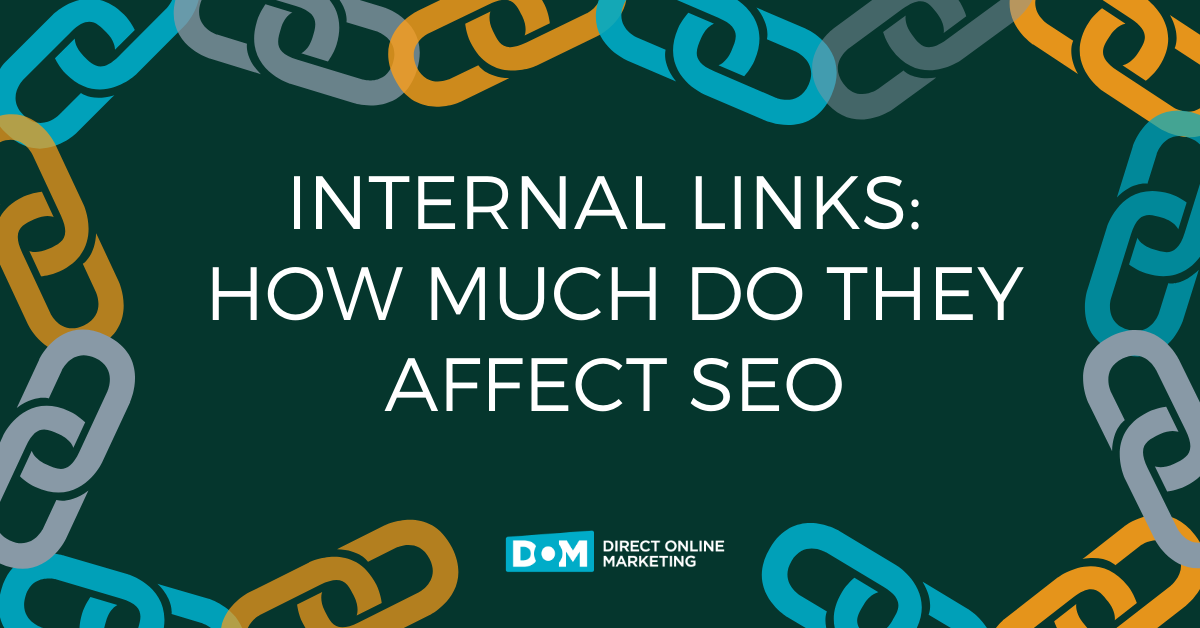
Just when we thought things were going back to normal, the delta variant popped over for some tea and forced us all back to our home offices where we doom-scroll the latest COVID-19 news and cancel our autumn vacation plans. Social media managers hastily swapped their Let’s Get Back to Normal posts with How To Adapt to Another Wave of COVID and content marketers who wanted to write something timely had to rework their blog posts about event SEO.
Google Loves Your Event
Don’t get carried away, it’s not just your event that Google loves–it loves every event. It wants to help us promote our events on its search engine and provides us with lots of juicy SERP features that we can use.
If you’re using an event hosting platform (like your Eventbrites, for example), you don’t need to do much of anything at all, except make sure the platform is cooperating with Google and supplying Google with the code it needs. Each platform will have a support page that should tell you what you need to know.
If you know how to code html, and you have the ability to add code to your website (not all platforms allow it, but most do), you can also add the event information yourself.
Google Also Loves Structured Data
Structured data and events are two great flavors that taste even better together, like peanut butter and chocolate, or, if you’re from Pittsburgh, french fries and, well, just about anything. Structured data is something else Google loves, and if there’s anything you need to know about SEO, it’s that we try to give Google the stuff it loves as much as we can. Google is absolutely over the moon in love with structured data (also called schema and markup).
How Do I Add Structured Data to My Event Page?
If you’re doing this yourself, that’s great. We love to see people get out their toolset for a little DIY webwork (don’t be scared, it’s not hard). Here’s how you add it:
- Focus on one event per page. This is how Google prefers it, but it will also make it easier to update. It’s fine to have one page that lists all of your events (like a Calendar of Upcoming Events) but make sure you’re not implementing the event schema on that page instead of the individual event page.
- Generate and implement the proper markup text. There are two main types of markup: microdata and JSON. Which one you use is up to you, but Google uses JSON in its examples, so that’s the one we tend to use. Some web developers have a preference, so if you’re working with one, ask them.
- You might be wondering how to generate the markup you need. Schema.org is a great place to start and you can learn an awful lot about structured data there.
- Verify that your page is sending the right event signals to Google by using their rich results status report in Google Search Console, and fix any errors you find.
Do Webinars Still Matter?
Yes, webinars definitely still matter. They’re the best way to engage with your audience and peers in real-time, no matter where they live. The pre-COVID attendance rate for webinars was around 40% and that number has likely gone up since so many of us went remote. Webinars went from becoming the best way to gather as a group to the only way to gather as a group. We have our own webinar coming up, and we wouldn’t be doing them if we didn’t find value in them.
A lot of the best practices for event SEO apply to webinars and real-life events, too. After all, we’re talking about how we can leverage organic search to get people to participate in a shared experience on a specific day–the same principles matter whether they’re meeting in person or over webcam.
Is Structured Data Really the Only Way to Promote my Event Using SEO?
No, of course not! Markup code is never the only option, but it’s one that you absolutely cannot overlook. Using schema to optimize for Google’s rich SERPs will help you rank higher on organic search results, which is what SEO is all about. In addition to adding event schema, you need to make sure you’ve optimized your event page for SEO.
You’ll notice that in the above text, we didn’t get into broader SEO best practices or organic search optimization recommendations. For those, you can read some of these other posts we’ve done on the subject:
- Why SEO Titles and Meta Descriptions Are Still Important
- Will AI Copywriting Replace Content Writers?
- How to Make a Plan for Your SEO Strategy
To get more information on this topic, contact us today for a free consultation or learn more about our status as a Google Partner Agency before you reach out.


